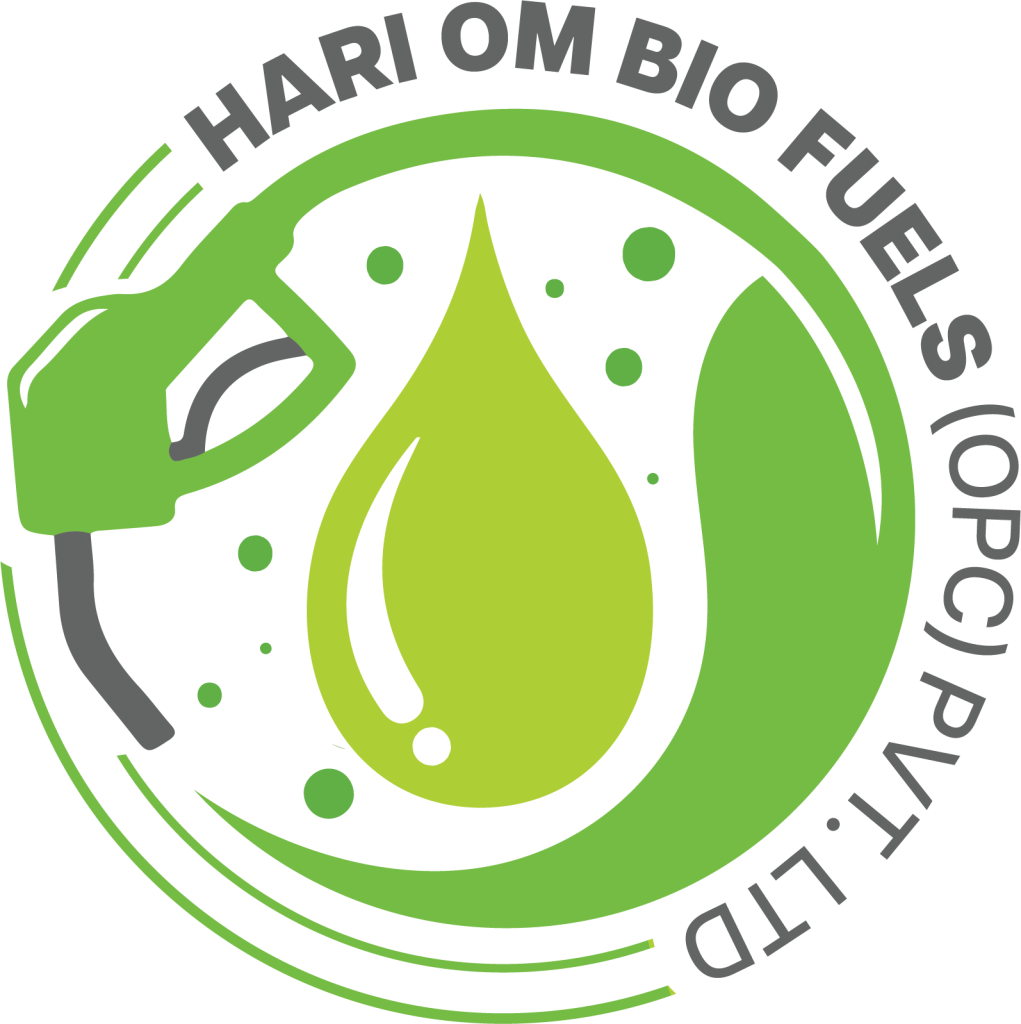Title: Biofuels and Agriculture: Impacts and Considerations
Company Name: HARI OM BIO FUELS (OPC) PRIVATE LIMITED
The intersection of biofuel production and agriculture presents a complex landscape with significant implications for land use, food security, and biodiversity. Let’s delve into the multifaceted relationship between biofuels and agriculture, exploring both the impacts and considerations, particularly in the context of companies like HARI OM BIO FUELS (OPC) PRIVATE LIMITED.
1. Land Use Change:
Impact: The expansion of biofuel feedstock cultivation can lead to changes in land use patterns, including deforestation, conversion of natural habitats, and competition with food crops for arable land. This can result in habitat loss, biodiversity decline, and soil degradation.
Consideration: Sustainable land management practices, such as agroforestry, crop rotation, and land-use zoning, can help minimize negative impacts on ecosystems and biodiversity. Companies like HARI OM BIO FUELS (OPC) PRIVATE LIMITED can prioritize sourcing feedstocks from lands with low ecological value or utilizing marginal lands unsuitable for food crop production.
2. Food Security:
Impact: The use of agricultural land and resources for biofuel production may raise concerns about food security, particularly in regions where food insecurity is prevalent. Competition between food and fuel crops can drive up food prices and exacerbate hunger and poverty.
Consideration: Adopting a balanced approach to biofuel production that prioritizes food security is crucial. Companies like HARI OM BIO FUELS (OPC) PRIVATE LIMITED can explore feedstocks that do not compete directly with food crops or invest in technologies that enable the use of non-food feedstocks, thereby minimizing the impact on food availability and affordability.
3. Biodiversity Conservation:
Impact: Intensive monoculture cultivation of biofuel feedstocks can lead to biodiversity loss, soil erosion, and disruption of ecosystem services. Habitat destruction and fragmentation associated with biofuel expansion can also threaten wildlife populations and ecosystem resilience.
Consideration: Implementing biodiversity-friendly farming practices, such as agroecology, conservation agriculture, and habitat restoration, can mitigate negative impacts on biodiversity. Companies like HARI OM BIO FUELS (OPC) PRIVATE LIMITED can support biodiversity conservation initiatives, adopt sustainable sourcing practices, and engage in landscape-level planning to safeguard ecosystems and wildlife habitats.
4. Socioeconomic Considerations:
Impact: The socioeconomic impacts of biofuel production vary depending on factors such as land tenure, labor rights, and market dynamics. Smallholder farmers and rural communities may benefit from biofuel production through increased income and employment opportunities, but there are also risks of land grabbing, displacement, and social inequality.
Consideration: Promoting inclusive and equitable biofuel value chains is essential to ensure that the benefits of biofuel production are shared equitably among all stakeholders. Companies like HARI OM BIO FUELS (OPC) PRIVATE LIMITED can engage with local communities, respect land rights, and implement social safeguards to mitigate potential negative impacts on vulnerable populations.
Conclusion:
The relationship between biofuel production and agriculture is intricate and multifaceted, with both positive and negative implications for land use, food security, and biodiversity. Companies like HARI OM BIO FUELS (OPC) PRIVATE LIMITED have a critical role to play in navigating these complexities, adopting sustainable practices, and promoting responsible biofuel production that balances environmental, social, and economic considerations. By embracing a holistic approach that considers the interconnectedness of agriculture, biodiversity, and livelihoods, the biofuel industry can contribute to a more sustainable and resilient future for both people and the planet.

